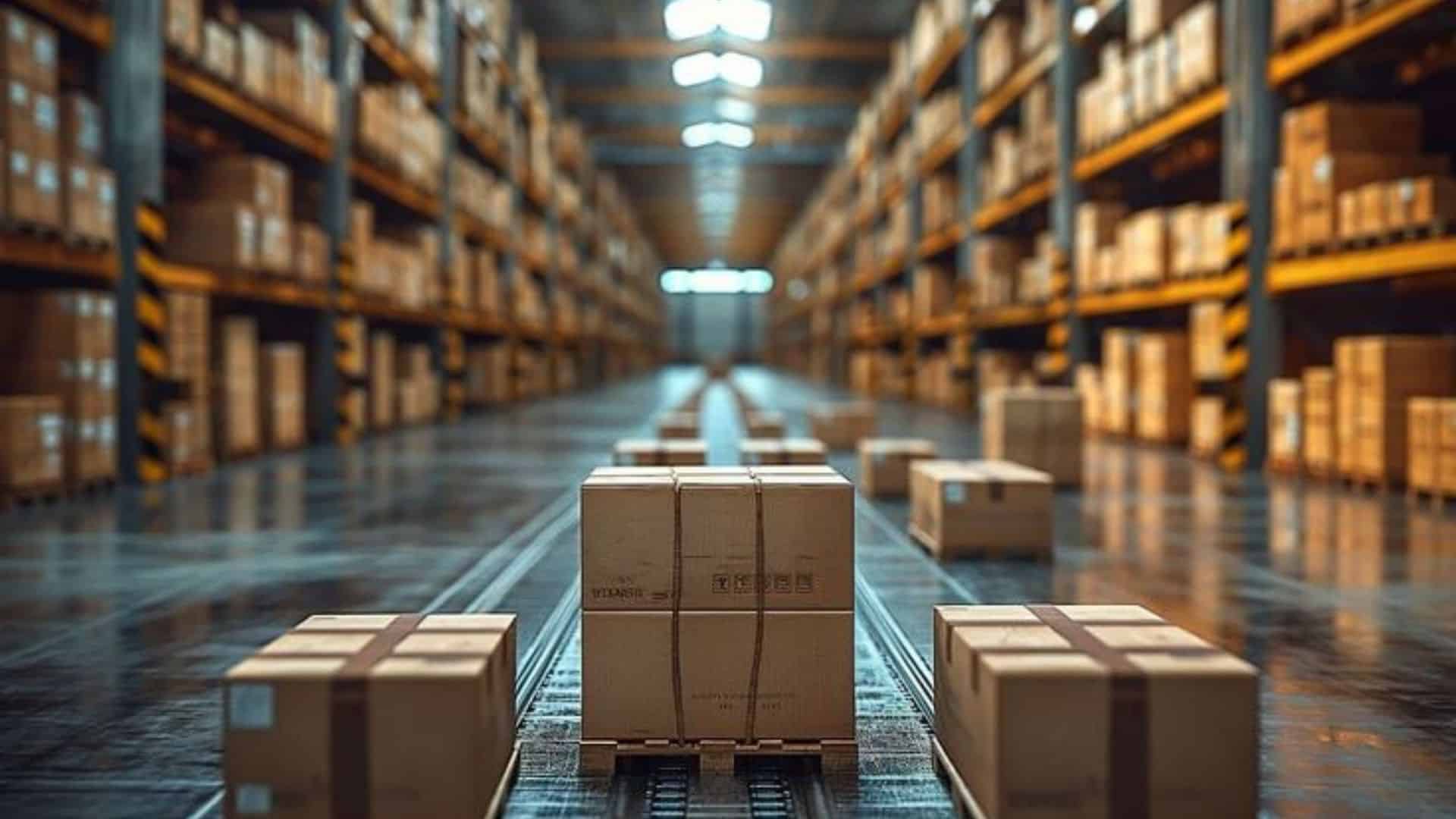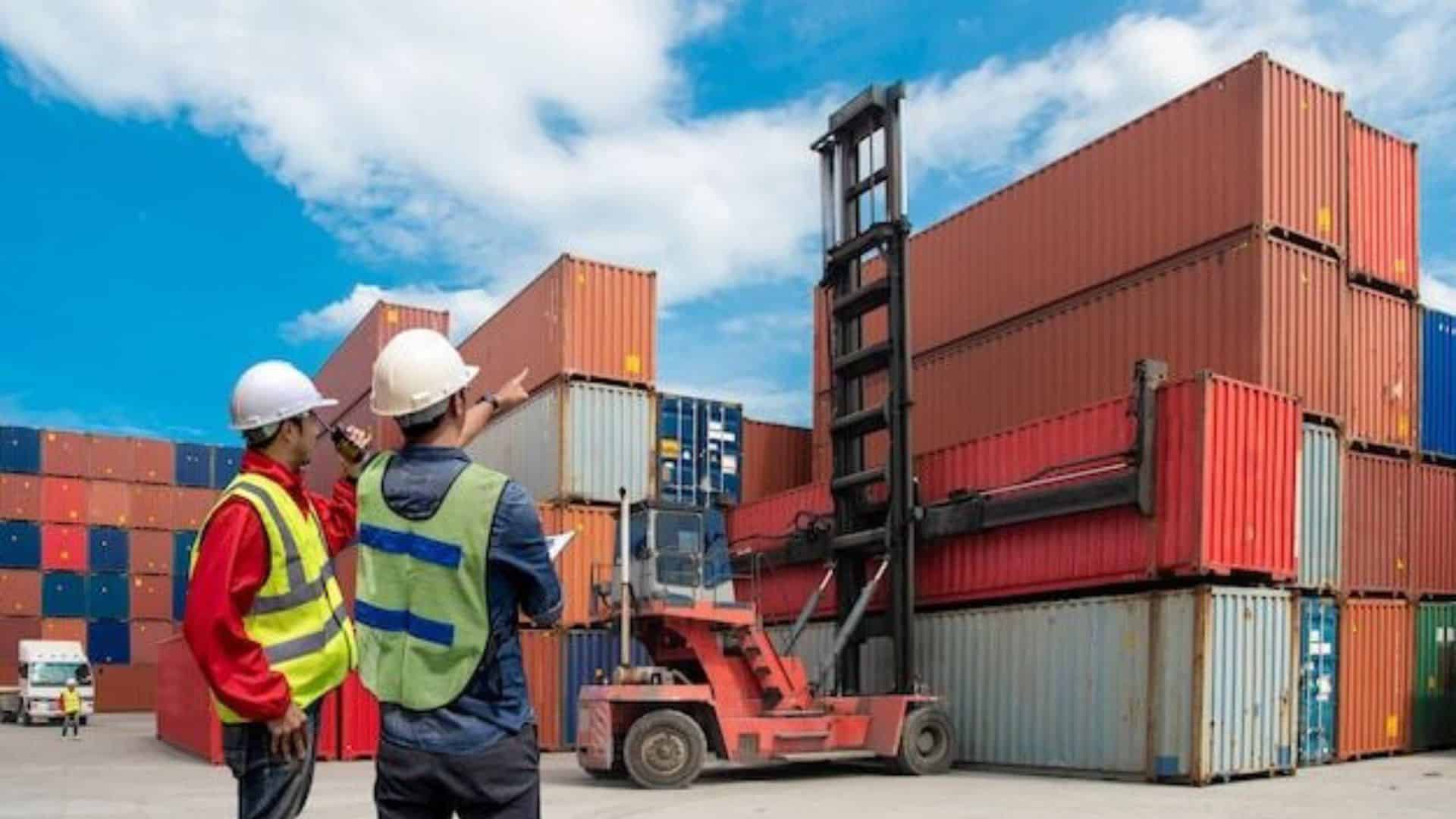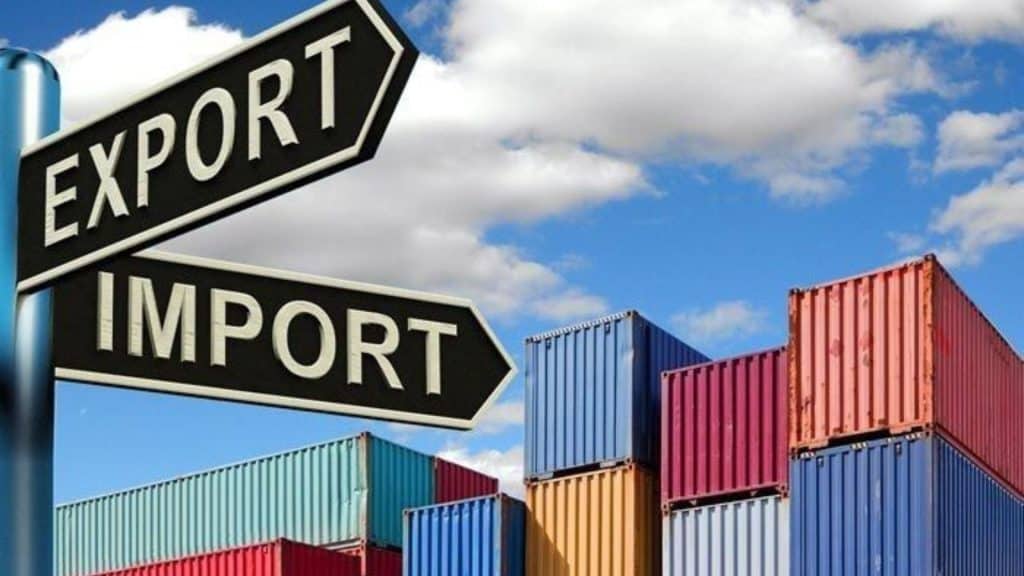Ever wondered how your morning coffee from Colombia ends up in your local grocery store? Or how the smartphone in your pocket connects you to a global network of trade?
The importance of imports and exports extends far beyond the simple exchange of goods between countries.
These international trade flows shape everything from job opportunities in your community to the prices you pay at checkout. They influence economic growth, diplomatic relationships, and even national security.
This blog covers exactly why imports and exports are the backbone of our modern economy and how they impact your daily life in ways you might never have considered.
What Are Imports and Exports Really?
Let’s start with the basics.
Imports are goods and services that a country buys from other nations.
Exports are the goods and services that a country sells to other countries.
Think of it like this: When the United States buys oil from Saudi Arabia, that’s an import for the US. When the US sells wheat to Japan, that’s an export.
This exchange happens because countries specialize in producing what they do best. Some have natural resources, others have skilled workers, and some have advanced technology.
The Economic Engine Behind Global Trade
Global trade fuels economies by boosting production, creating jobs, and driving innovation worldwide.

Job Creation and Employment
International trade creates millions of jobs worldwide. Here’s how:
- Export industries need workers to produce goods for foreign markets
- Import businesses require people to distribute and sell foreign products
- Transportation and logistics companies hire workers to move goods across borders
- Financial services employ people to handle international payments
In the United States alone, trade-related jobs often pay higher wages than the national average. Workers in export-intensive industries typically earn 15-20% more than similar workers in other sectors.
Economic Growth and GDP
Countries that actively participate in international trade tend to grow faster. Trade allows nations to:
- Access larger markets for their products
- Import cheaper raw materials and components
- Learn from foreign technologies and practices
- Attract foreign investment
When exports increase, it directly adds to a country’s Gross Domestic Product (GDP). More exports mean more money flowing into the economy.
Key Benefits of Import and Export
Import and export activities drive economic growth by expanding markets and creating new opportunities worldwide.

Consumer Advantages
The importance of import and export is clearly reflected in the everyday benefits consumers enjoy through international trade.
- Lower Prices – Cheaper raw materials and global competition reduce costs
- Better Quality – Access to advanced tech and higher global standards
- More Choices – Greater product variety, including seasonal and specialty items
- Improved Innovation – Exposure to global trends encourages better products
- Stronger Economy – Boosts production, jobs, and business growth
Agriculture
Farmers export their surplus crops to countries that need them. This creates stable income sources and helps feed the world.
Meanwhile, importing seeds, fertilizers, and equipment helps farmers increase productivity.
Farmers often invest in reliable grain drying and handling equipment to protect crop quality and reduce losses before export. This kind of preparation helps them meet buyer requirements and maintain consistent pricing across different markets.
Innovation and Technology Transfer
Trade accelerates innovation in several ways:
- Companies learn new production methods from foreign partners
- Research and development costs get shared across global markets
- Best practices spread faster between countries
- Competition drives continuous improvement
- Real-World Impact on Different Sectors
Manufacturing
Manufacturers import raw materials and components to create finished products. They export these products to global markets, reaching millions of customers beyond their domestic reach.
Services
Even service industries participate in trade. Think about:
- Software companies selling apps worldwide
- Banks providing financial services internationally
- Tourism brings foreign visitors and their spending
Key Challenges in Import and Export

While global trade offers many benefits, it also comes with challenges that businesses and economies must carefully navigate.
Trade Imbalances
When a country imports much more than it exports, it creates a trade deficit. While not always indicative of economic problems, large deficits can be a cause for concern.
Job Displacement
Sometimes imports can hurt domestic industries. When foreign companies produce goods more cheaply, local factories may close, resulting in job losses in specific communities.
Economic Dependence
Relying too heavily on imports for essential goods can create vulnerabilities. The COVID-19 pandemic showed how supply chain disruptions can affect everything from medical supplies to computer chips.
How Trade Shapes International Relations?

Global trade plays a crucial role in shaping diplomatic relations, economic partnerships, and geopolitical influence among nations.
Diplomatic Ties
Countries that trade with each other often maintain better diplomatic relationships. Economic partnerships create incentives to resolve conflicts peacefully.
Cultural Exchange
Trade brings more than just goods across borders. It facilitates cultural understanding between nations, language learning and communication, shared business practices, and standards
Global Cooperation
International trade requires countries to work together on setting common standards and regulations, protecting intellectual property rights, and ensuring fair competition
The Future of Global Trade
Key trends are shaping the future of international trade.
| Trend | Description |
|---|---|
| Digital Transformation | E-commerce enables global sales for small businesses. Digital services now cross borders instantly. |
| Sustainability Focus | Trade increasingly considers carbon footprints, eco-friendly production, and the concept of a circular economy. |
| Regional Trade Agreements | Countries boost trade with neighbors through agreements, creating larger markets and some protection. |
These developments will continue to influence how countries trade and cooperate globally.
Why This Matters for Your Future
Understanding the importance of imports and exports helps you make better decisions as:
- Consumer – knowing how trade affects prices and quality
- Worker – recognizing which industries benefit from trade
- Voter – understanding how trade policies impact the economy
- Investor – identifying opportunities in global markets
The interconnected nature of modern trade means that economic events in one country can quickly affect others. This reality makes international trade knowledge essential for anyone wanting to understand today’s economy.
Conclusion
The importance of imports and exports extends far beyond economics textbooks. These trade flows connect us to a global community, bringing opportunities and challenges that shape our shared future.
While trade isn’t perfect and can create difficulties for some communities, its overall benefits to economic growth, innovation, and living standards are undeniable.
As our world becomes increasingly connected, understanding these economic relationships becomes more crucial than ever.
Starting a business, choosing a career, or simply trying to understand the news, knowledge about international trade will serve you well.






































